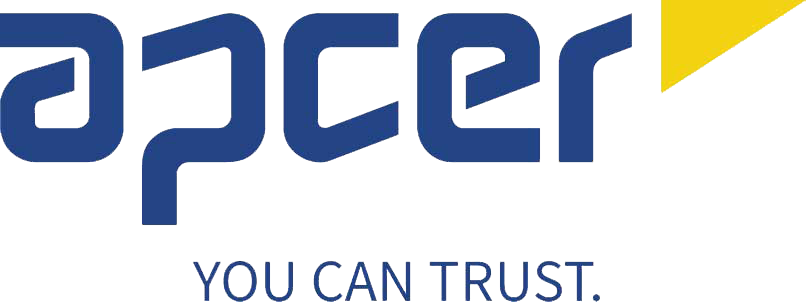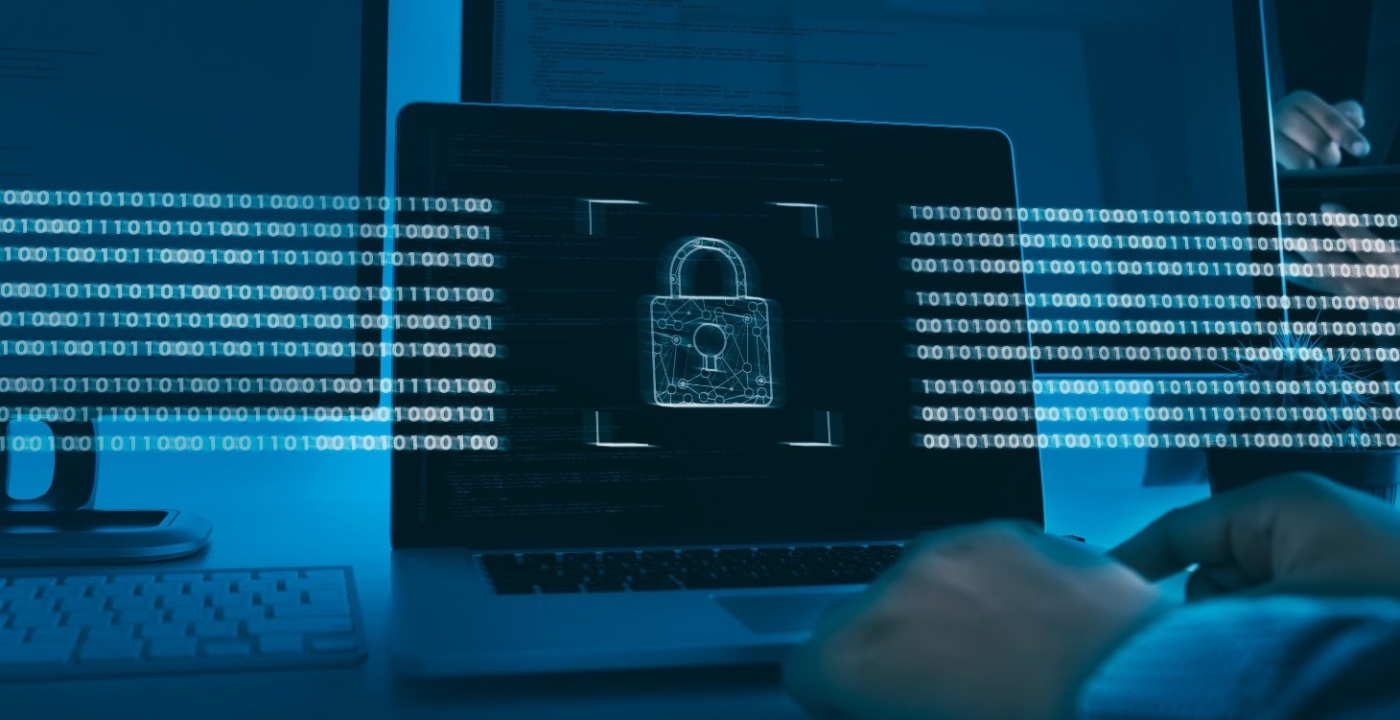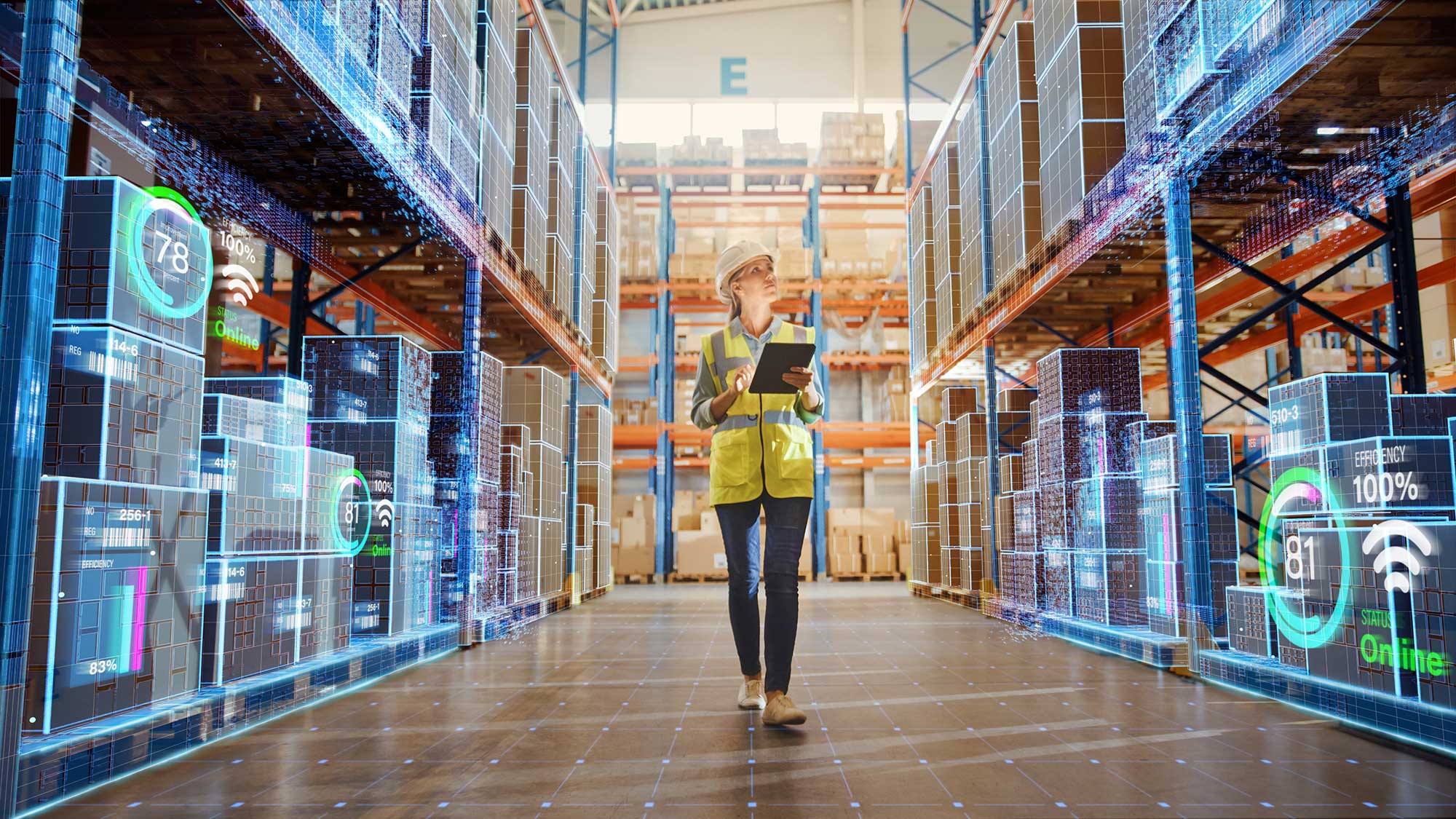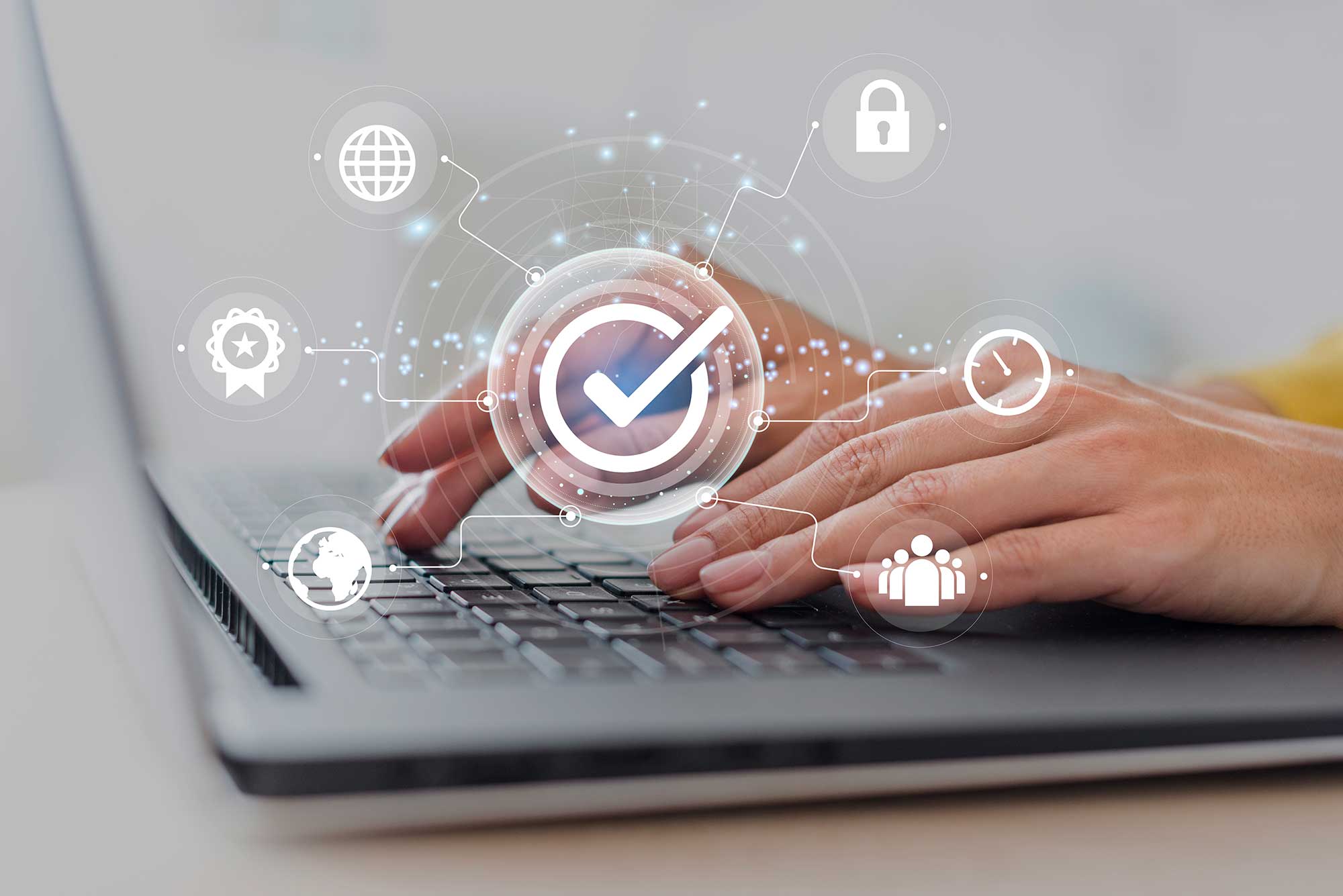Cyberattacks are growing in frequency, complexity and cost. In 2025, organizations worldwide experienced a 44% increase in cyberattacks compared to the previous year, with an average of 1,300+ attacks per week per organization (Check Point Security Report 2025).
According to SentinelOne, that number rose to 1,636 attacks per week by mid-year, highlighting the growing intensity of the threat landscape (SentinelOne 2025 Cybersecurity Statistics.
Sectors such as healthcare, education, manufacturing and public administration remain the most frequently targeted. The attack surface is expanding, and the tools used by threat actors - often automated and AI-driven - are becoming more sophisticated.
Ransomware continues to be one of the most financially and operationally disruptive threats. In 2024 alone, there were an estimated 620 million ransomware attacks globally, with the average cost of remediation per incident reaching $1.85 million (Astra Security, 2025).
The IBM X-Force Threat Intelligence Index reports that 28% of all malware-related incidents involve ransomware, and 90% of data breaches involve human error, such as weak credentials or lack of awareness (IBM Threat Report 2025).
Meanwhile, access brokers and AI-powered tools are lowering the barrier for attackers, leading to a 42% increase in credential-based attacks (TechRadar / Fortinet 2025).
Why ISO/IEC 27001?
ISO/IEC 27001 is the globally recognized standard for Information Security Management Systems (ISMS). It provides a structured, risk-based framework for identifying, managing and continuously improving security practices. By implementing ISO/IEC 27001, organizativos can:
- Identify and mitigate real-world threats, including ransomware, phishing, and insider threats.
- Comply with global regulations, such as GDPR (EU), CCPA (US), LGPD (Brazil), PDPA (Asia), among others.
- Demonstrate trustworthiness to customers, regulators and stakeholders.
- Ensure business continuity in the event of a major security incident.
- Optimise security investments based on data-driven risk assessments.
Over 70,000 organizations globally are already certified, and adoption is accelerating as cyber risk becomes a board-level concern.
7 Core Requirements of ISO/IEC 27001
To ensure resilience and effectiveness, ISO/IEC 27001 establishes seven key implementation pillars:
- Information Security Policy: clearly defined policies aligned with the organization’s goals and legal obligations.
- Risk Management: ongoing identification and mitigation of threats and vulnerabilities using structured methodologies.
- Physical and Environmental Controls: protection of physical assets and infrastructure against damage, intrusion or loss.
- Access Control: strict management of permissions and multi-factor authentication to limit unauthorized access.
- Incident Response: well-defined response plans to ensure fast and coordinated reaction to security breaches.
- Monitoring and Auditing: continuous assessment of controls to ensure performance, compliance and improvement.
- Awareness and Training: employee education to reduce human error and promote a culture of cybersecurity.
6 Tangible Benefits of ISO/IEC 27001 Certification
Organizations that implement ISO/IEC 27001 gain:
- Reduced Cyber Risk: minimize exposure to attacks and avoid operational disruptions.
- Increased Trust: build stronger relationships with clients, regulators and partners by demonstrating responsibility.
- Regulatory Compliance: meet the requirements of GDPR, HIPAA, CCPA, and other international privacy frameworks.
- Business Continuity and Resilience: improve readiness and reduce recovery time following an incident.
- Operational Efficiency: streamline information security processes, align with IT and risk management strategies.
- Proactive Incident Handling: respond effectively to threats with established protocols and defined roles.
Why Work with APCER?
APCER is a globally recognized certification body with decades of experience in management systems and cybersecurity standards. Our work is based on auditor expertise, sector-specific knowledge, and a practical approach tailored to each organization’s reality.
We provide:
- ISO/IEC 27001 Certification Audits by accredited professionals
- Bespoke training in information security and risk management
Ready to Build Digital Trust?
Secure your information, reputation and operations with a certified ISMS.
ISO/IEC 27001 is more than a compliance tool - it’s a strategic investment in your organization’s future.















